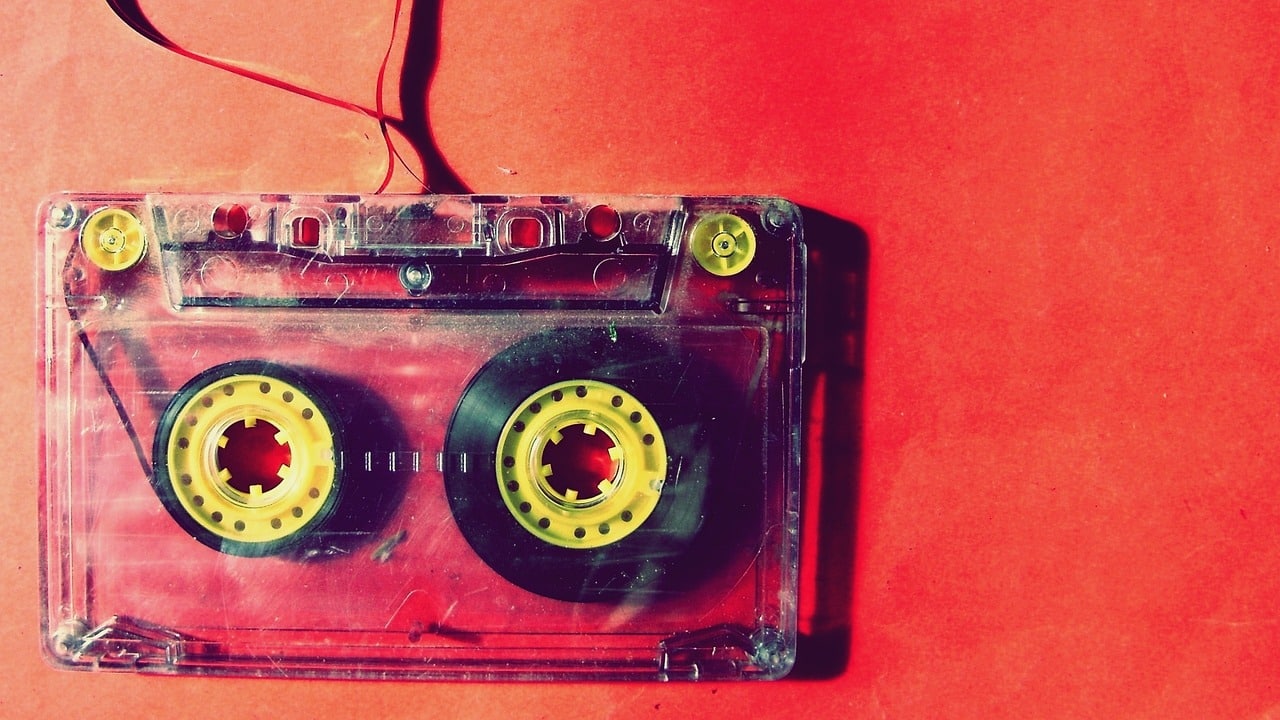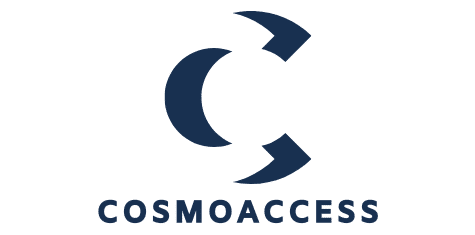The future of AI-driven creativity in art and music

Art and music are fundamental aspects of human existence. They are outlets for creativity, expressions of our deepest emotions, and platforms for communicating ideas. Historically, art and music required human hands and minds to bring them to life. But the rise of technology, and more recently, artificial intelligence (AI), is redefining the landscape. As AI continues to evolve, it is becoming an increasingly important tool in creating art and music. This article will explore the future of AI-driven creativity in art and music, how it is likely to change the landscape, and its potential impact on artists and content creators.
AI and Creativity: A New Frontier in Art and Music
Artificial Intelligence is no longer just about data and algorithms—it’s about creativity and artistic expression. AI has the potential to revolutionize how we create and consume both visual and auditory arts. This goes beyond just using AI as a tool—it involves AI generating original content, unfettered by human intervention.
A lire également : Tech innovations for enhancing water desalination processes
The concept of AI-generated art and music may seem like something from a science fiction movie, but it’s already a reality. Generative AI algorithms have been able to create unique, never-before-seen images or compose original music pieces. This is achieved through machine learning, where the AI learns from a vast dataset of existing works and applies that knowledge to create something new.
The future of AI in art and music is likely to see more of these breakthroughs. We can expect AI to become even more integrated into the creative process, with artists using AI not just as a tool, but as a collaborator.
A lire en complément : Unbox the fun: discover the mystery toy in every box
Artificial Intelligence as a Creative Partner
In the future, artists might not be the only creators of their work. Instead, they might collaborate with AI to generate new, unique pieces of art or music. This is not to say that AI will replace human artists. Rather, AI will provide a new set of tools that artists can use to enhance their creativity.
Artificial intelligence has the ability to process vast amounts of data and analyze patterns far beyond human capabilities. By feeding AI an extensive library of artworks or musical pieces, an artist can have it generate an entirely new work based on the patterns and styles it has learned.
AI in the creative process can yield surprising and innovative results. An artist can tweak the parameters of the AI’s creative process to align with their vision, creating a truly collaborative partnership. This can lead to stunning pieces of art or compositions that might not have been possible with human creativity alone.
The Impact of AI on Content Creators
As AI becomes more integrated into the creative process, it is likely to have a profound impact on content creators. On one hand, AI can be a powerful tool for artists, providing them with new ways to express their creativity and produce innovative work. However, it also presents challenges.
AI-generated content has the potential to flood the market, possibly devaluing the work of human artists. There are also copyright and ownership issues to consider. If an AI generates a piece of art or a song, who owns the rights to that work—the person who programmed the AI or the AI itself? These are complex questions that will need to be addressed as AI continues to evolve and become a bigger part of the creative world.
The Future of AI in Art and Music
As technology continues to advance, artificial intelligence is likely to play an increasingly significant role in the world of art and music. The future might see AI not just assisting artists but also creating its own original works.
However, it’s important to remember that AI, at its core, is a tool—a very sophisticated one, but a tool nonetheless. It doesn’t possess the emotions, experiences, and individual perspectives that humans do. While AI can mimic styles and patterns, it can’t truly understand or express the emotions behind a piece of art or a melody. At least not yet.
Art and music will always be fundamentally human pursuits. But as AI continues to evolve and become an integral part of the creative process, it’s clear that we are just at the beginning of a new era in creativity—an era where human creativity and artificial intelligence come together to create something truly extraordinary.
The Intersection of AI and the Music Industry
Artificial intelligence (AI) is creating waves in the music industry. Its ability to analyze patterns and generate music based on a vast array of existing compositions has opened up new possibilities for music production. Musicians and composers are now able to experiment with AI-driven music composition, pushing the boundaries of what can be achieved.
The application of AI in music production goes beyond creating new compositions. It’s also being used in real time during live performances. AI can analyze and respond to the atmosphere of the crowd and the musician’s performance, changing the music appropriately. This real-time interaction between AI and artists is creating a new, interactive art form.
There are, however, challenges that come with the integration of AI in the music industry. AI-generated music raises questions around intellectual property rights. If an AI generates a unique piece of music, who owns the rights to that composition? Is it the programmer who coded the algorithm, the AI itself, or the musician who used it? These are ethical considerations that will require careful thought and legislation.
Neural networks, a subset of machine learning, are also being used in AI music composition. These complex algorithms analyze patterns in thousands of songs and can generate new compositions that resemble the style and structure of the music it has analyzed. The use of AI and neural networks in music composition is likely to grow, creating exciting opportunities and challenges.
AI, Ethics, and Intellectual Property in Art and Music
As AI continues to influence the creative industries of art and music, it is crucial to address the ethical considerations around its use. One of the key issues is the question of intellectual property. If an AI creates a piece of art or a song, who owns the rights to it? Is it the AI, the programmer who coded the AI, or the person who used the AI to create the work?
This issue is particularly pertinent as AI becomes capable of creating more complex and original content. As it currently stands, the law tends to favor human creators in disputes around AI-generated content. However, as the roles of AI in the creative process become more significant, these issues will need to be reassessed.
Pushing the boundaries of computational creativity also raises ethical considerations around the devaluation of human-created art. Will the influx of AI-generated art dilute the value of human creativity? How can the balance between human creativity and AI be maintained?
Furthermore, there are ethical considerations around how AI learns and creates. If an AI is trained on a dataset of art or music, it might inadvertently reproduce copyrighted material. This could lead to legal repercussions, particularly if the AI-generated content is used for commercial purposes.
Conclusion: The Confluence of AI and Human Creativity
In conclusion, the future of AI-driven creativity in art and music is both exciting and challenging. AI has the potential to be a significant tool in the creative process, enabling artists to push the boundaries of what can be achieved. However, the integration of AI in art and music also presents complex ethical and legal issues, especially around intellectual property and the value of human-created content.
Ultimately, while AI can certainly aid the creative process, it cannot replace the unique human experiences, emotions, and perspectives that inspire art and music. The true beauty of art and music lies in the human stories they tell and the emotions they evoke—something an AI, at least for now, is not capable of replicating. In the future, we can look forward to a world where AI and human creativity coexist and enrich each other, leading to extraordinary developments in art and music.
